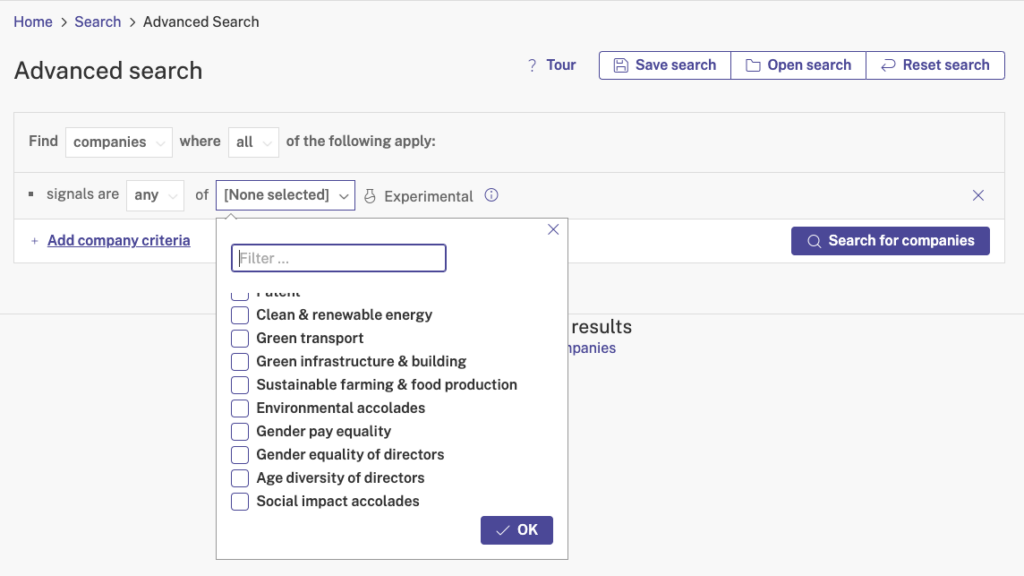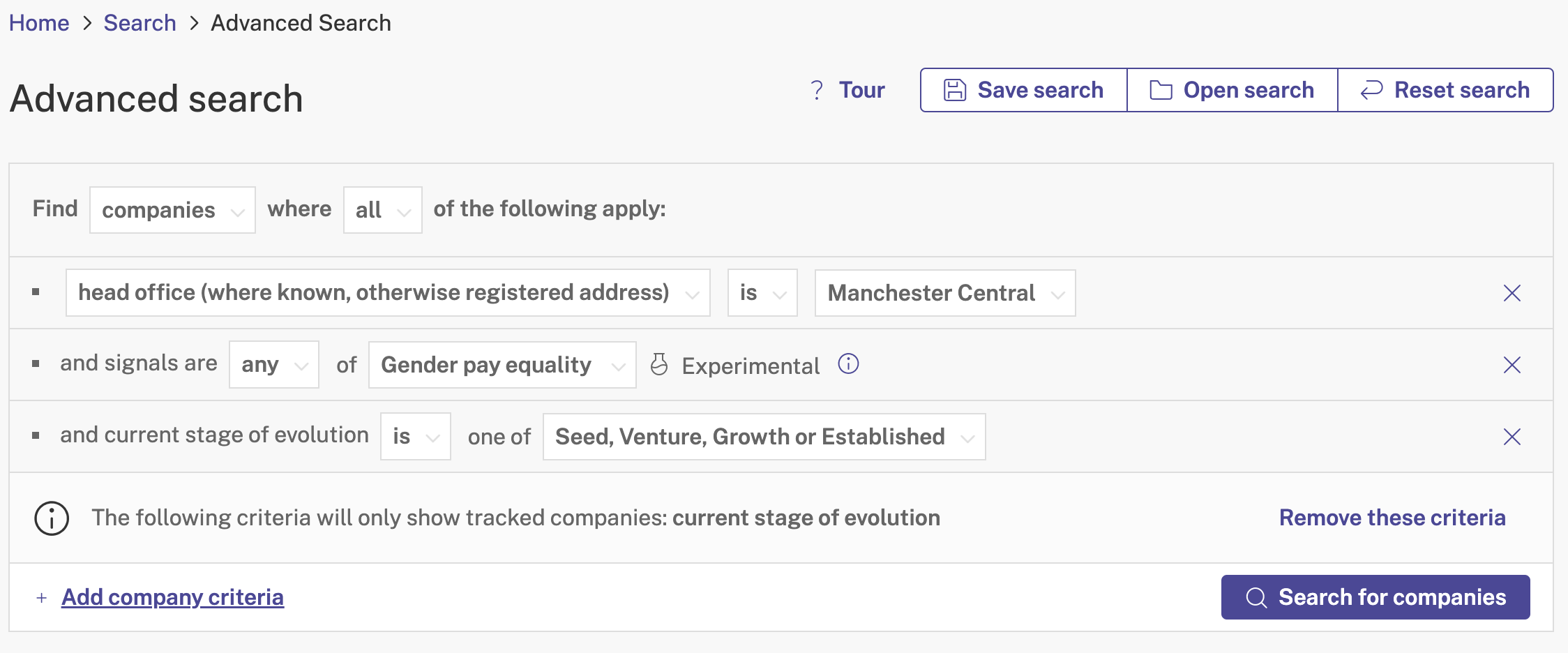
How Universities Use ESG Data
Lily Ruaah, 15 January 2024
There’s increasing pressure for universities to uphold ESG values, and as we move towards a greener economy, this pressure will only escalate.
Gen Z has been called the “sustainability generation”. A recent report, Gen Z Shoppers Demand Sustainable Retail, revealed that a significant majority of Generation Z consumers show a strong preference for purchasing from sustainable brands. This demographic is notably willing to pay a premium, often up to 10%, for products that are environmentally friendly and sustainable.
The report also highlights that both Gen Z and Millennials are the demographic groups most inclined to base their buying decisions on a set of values and principles. These include personal ethics, social responsibility, and environmental considerations, indicating a shift towards more value-driven consumerism.
This trend doesn’t just stop at the shops—the younger generations want better sustainability and a push towards a greener lifestyle overall—and this includes their choice for education.
As an educator, you’re saying something to your students, and need to be seen to be following through with that, one example of that is the businesses you’re supporting. Universities are trending towards a similar attitude with the businesses they are both creating (startups and spinouts), and contracting with—they want to work with businesses that uphold similar ESG-related values. It’s important to them, and to their students and faculty.
This is why we’ve put together a “how to” for universities to understand how our new ESG signals can help them to identify “green” opportunities.
What is ESG data?
ESG stands for Environmental, Social, and Governance. It refers to a set of values upheld by a business to support these issues. Investors use ESG data to assess the ethical impact and sustainability practices of a company, which can influence investment decisions. Companies with strong ESG profiles may be seen as less risky and more sustainable in the long term.
Find out more by reading our ESG Q&A.
Why do universities use ESG data?
Universities can use ESG data for a variety of reasons.
Our ESG data can help universities to:
- To analyse the ESG build-up of their startup and spinout portfolios. Using Beauhurst data, universities can see the breakdown of companies that have hit or met ESG signals, which can then be used for impact reporting and championing the great work of the university's businesses.
- Assess and improve their own sustainability practices, such as reducing carbon footprint, managing waste, and conserving resources
- Integrate ESG principles into educational programmes, particularly in business, environmental studies, and social sciences, preparing students for the growing importance of ESG in the professional world
- Comply with increasing regulatory requirements related to sustainability and social responsibility, and to provide transparent reporting to stakeholders
- Foster community engagement and partnerships that focus on sustainable development and social responsibility
- Offer faculty and students opportunities to engage in research related to ESG topics, contributing to knowledge in fields like climate change, corporate social responsibility, and ethical governance
- Involve students in sustainability initiatives, developing their skills and leadership in ESG-related areas
- Appeal to alumni and donors who are increasingly interested in supporting institutions that demonstrate a commitment to ESG principles
- And much more
How Councils Use Beauhurst
Find out more about how councils in the UK can use the BeauhurstImpact platform to support and grow businesses in their area.
Unis and ESG data: How can universities use Beauhurst’s ESG data?
It’s very simple to search with our new ESG signals. From our advanced search, you can find our signals under Add Company Criteria.

From here, you can select which signal you’d like.
How can this help you find the companies you’d like to find? Let’s look at an example.
Imagine you’re a university worker searching for companies that offer Gender Pay Equality to come and talk to students at an open day.
- Start as before, by finding signals under Add Company Criteria
- Tick Gender Pay Equality and press OK
- Select Add Company Criteria again and choose Location
- Here you can add in your local area e.g. Manchester Central
- And then you can search for companies
- If you only want to see active companies, find Current Stage of Evolution under Add Company Criteria—and just select seed, venture, growth and established
You can also search via sectors. In the video above, we’ve looked at the Media industry—this means if you’re running open days or workshops, you can really narrow down who you’re looking for.

Case studies
The University of Manchester effectively utilises its 20-user subscription to actively engage with high-growth SMEs. This engagement ranges from knowledge exchange initiatives to boosting the university’s influence and interaction with businesses at both local and national levels.
They use Beauhurst to:
- Keep an eye on rapidly evolving industries, news updates, and key SMEs
- Compile lists of individuals and companies to invite to various events, ensuring a diverse and relevant audience
- Identify businesses that meet specific criteria for potential knowledge exchange opportunities, fostering a collaborative environment
- Investigate and understand the different funding avenues available to companies experiencing high growth
- Pinpoint potential leads for marketing initiatives to target the most relevant audiences effectively
- Transfer data into appropriate formats for in-depth analysis and research purposes, enhancing understanding and strategic planning

Learn how the University of Manchester uses Beauhurst to engage with fast-growing SMEs.
Summary
BeauhurstImpact can help you find the right businesses you should be partnering with—businesses that share your values. With BeauhurstImpact, you can find companies in your local area that strive towards sustainability, and that will really resonate with students and faculty alike.
Beauhurst allows you to make informed decisions about potential partnerships based on how well they align with your university’s commitment to social responsibility and environmental stewardship.
Ready to upgrade your approach?
Discover how BeauhurstImpact can help you make a real difference.